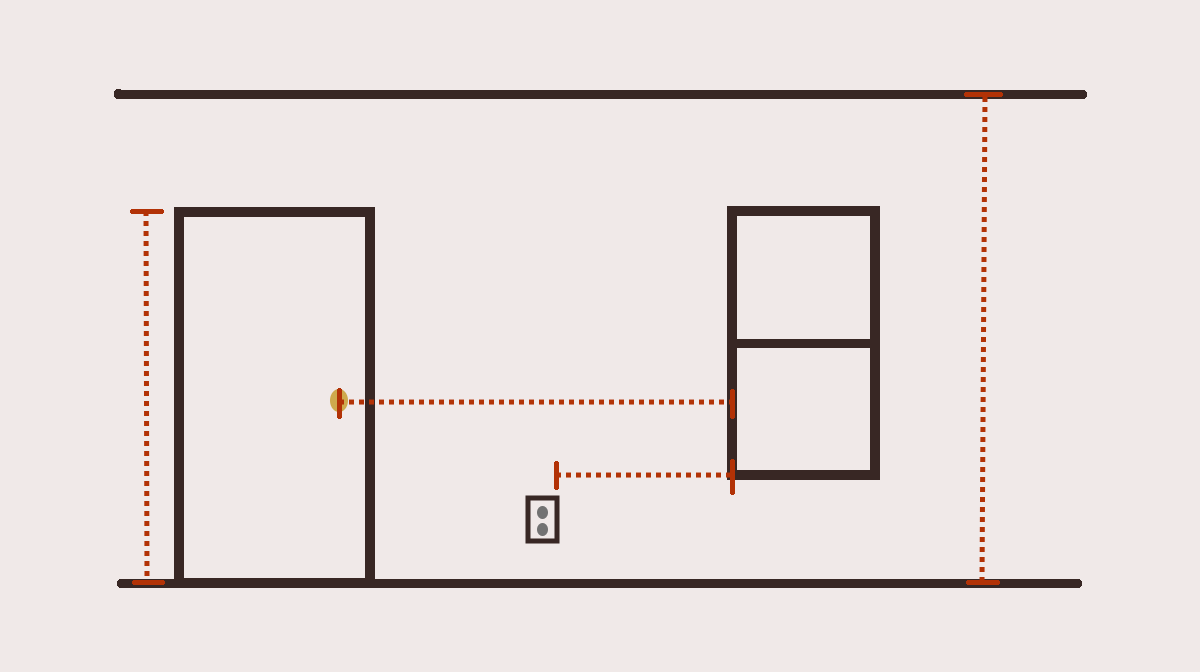People who are feeling some sort of extreme emotion generally do not make good financial decisions. This is why you shouldn't go grocery shopping on an empty stomach. It's why the worst types of lawyers chase ambulances. It's why stores like invest huge sums of money into detecting when their customers are going through major life changes like the birth of a child, a graduation or a retirement.
Choosing a place to live is a decision that is often emotionally loaded as it is, and techniques used by real estate agents to market a property are designed to dampen any logical thought processes you may bring to the table. But housing is a huge financial investment. The choice of housing should not just be based on emotion but with logical thought towards your safety, your comfort and your bank account.
Even if you're normally an emotional decision maker, you need to make sure that when you view an apartment that you are looking with your head as well as your heart. Today's apartment viewing technique for renters will reset your emotions for every apartment showing. It will ensure that you are approaching every showing with the same amount of thought and clarity no matter how your day has been or who is with you.
All it takes is a measuring tape and seven measurements. Of course, these measurements will give you some nice numbers, but the process of actually pausing to reel out the tape will lead you to think about some important details that you should be noticing beyond feet and inches. You could use other metrics instead, but I've found that a measuring tape is a cheap, portable, and neutral way to show an agent that you're serious about the task at hand while not seeming hostile.
Here's what to measure.
1. Freight elevator or Stairs
Why? It makes you think about getting in and out. A common reason why people get off to a bad start at their new apartment is the sheer horror of moving in. Carrying all your stuff in and out is hard enough without any of it getting stuck in the stairs or the freight elevator.
But apartment building traffic routes are not just a "moving in" kind of thing. They're something you will deal with every time you leave, every time you come home, every time you walk the dog, head to the laundry room or bring in the groceries. It's also something that you'll definitely encounter in case of a fire. Lobbies may be pretty but once you move in you'll probably come and go through the back door quite often. Might as well see what that back route looks like.
Measure this: If the building has an elevator, get the width of the doors. If not, go to a corner of the stairs and measure the shortest distance from wall to wall (or floor to ceiling). Continue reading Seven Measurements That Will Help You Choose the Right Apartment






